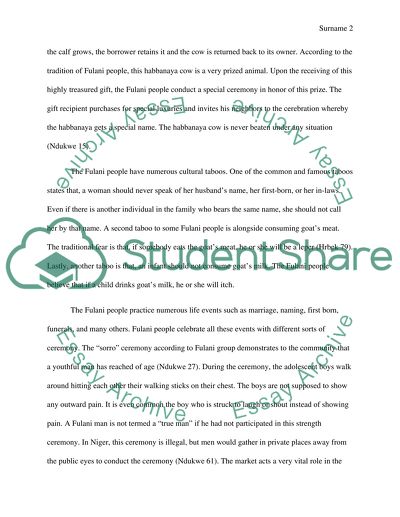Cite this document
(“Fulani People Background Researche Admission/Application Essay”, n.d.)
Retrieved from https://studentshare.org/anthropology/1491460-fulani-people-background-researche
Retrieved from https://studentshare.org/anthropology/1491460-fulani-people-background-researche
(Fulani People Background Researche Admission/Application Essay)
https://studentshare.org/anthropology/1491460-fulani-people-background-researche.
https://studentshare.org/anthropology/1491460-fulani-people-background-researche.
“Fulani People Background Researche Admission/Application Essay”, n.d. https://studentshare.org/anthropology/1491460-fulani-people-background-researche.


